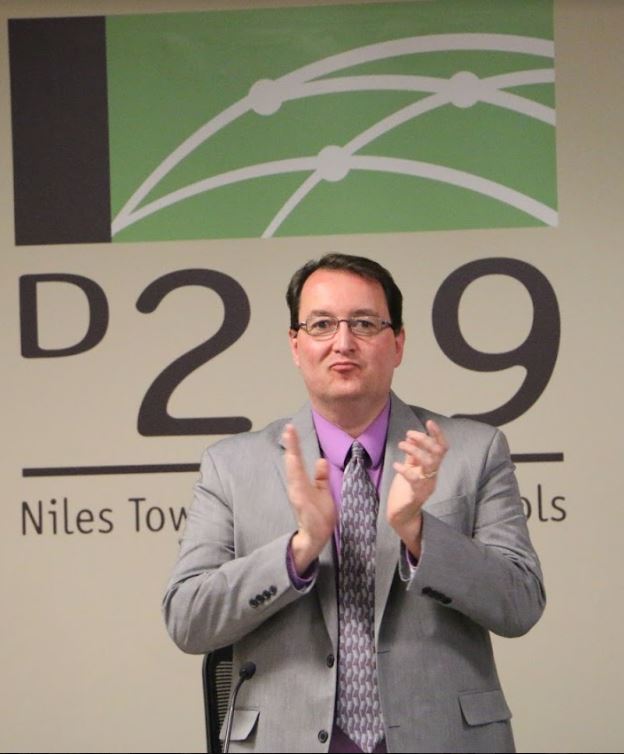
“Why do I have to take this class? When am I going to use this in real life?” Many students ask themselves these questions as they look through their graduation requirements, planning their schedules accordingly. These graduation requirements are a set of criteria we must meet in order to graduate, and they include categories of classes and how many years we have to take them. We are required to have eight credits in English, six credits in math, four in science, six in social studies, two in applied science & technology/fine arts, one in consumer education, one in health, and nine in electives (and one credit in public speaking for freshmen.)
The issue, however, goes beyond these numbers.
To some, these requirements are too restrictive and do not allow enough enough flexibility. For example, some might ask, “Why would a student who is a very talented and interested engineer have to study Shakespeare every year? Why would a budding musician with recognized talent in band or orchestra have to take three years of social studies? Isn’t it just a waste of time?”
Junior Danny Thompson agrees.
“All students have different needs and ambitions, so they shouldn’t have to take the same classes,” he said.
I agree. To me, it’s silly that, beyond the basics, a student would have to study more than his or her interests. Being a math-minded student, I would like to be able to take more math classes than just one per year. I could be taking an extra class such as AP Statistics or Math Modeling, but my schedule is too constrained by the nine-period schedule and classes I have to take, such as Spanish. As a result, I think that I’m missing opportunities to expand on what I enjoy most: math.
Some other students feel the same way with subjects that they enjoy.
“From junior year you should start focusing on what you would like to do for your career,” senior Dyonesis Ayala said, who wants to be a veterinary technician. “Your counselor should help you decide those classes with you instead of placing you in classes that you are required to take.”
On the other hand, some agree with the requirements and argue these classes teach skills necessary for the rest of our lives, even if they have little to do with our professions. Among them is sophomore English teacher Jody Weatherington, who believes that required classes like English teach important life skills.
“English teaches more than just literature. It teaches how to think, communicate, and how to read at more than just the literal level,” she said.
Additionally, it’s difficult to just blame the graduation requirements. Highly-selective colleges and universities often require certain numbers of credits in certain subjects, such as four years of math or a foreign language. Even if the constraints at West were lessened, there’s still the factor of colleges preventing us from taking classes that we want.
This is a problem. Looking for a well-rounded student, in my opinion, isn’t always the right approach. Sure, it sounds great to say that someone is pretty good at everything, but that often means that he or she is not as talented in one field as he or she could be. After all, the great geniuses of history are known for their skill in one field, not many. No one says that Einstein or Van Gogh were well-rounded. They are known for their fields of expertise. They paved the way in the subjects that they mastered. Einstein pursued science, which he probably enjoyed the most, and ended up succeeding, which would probably not have happened if he decided to pursue many subjects instead of just one.
The bottom line is that everyone should learn and practice what they enjoy most, not just whatever they are told to. In this way, students can develop their abilities in the field that they want to pursue.
So no matter whether you’d like more freedom in your schedule or believe in learning important life skills, we’d like to hear your opinion. Just how important are required classes?



















John R. Voyles • Mar 21, 2013 at 1:26 PM
I agree for the most part, but I think a better way to put it would be to allow more selection within general ed subjects in junior and senior year – diversity is important, but you can’t completely drop general ed classes. For example though, instead of 3.5 years of ‘regular’ gen ed English, perhaps two gen ed years, and then during junior and senior year you can pick specific English electives instead – you have flexibility and choice in the matter, but you still get credits. Most classes give you a free semester for electives already, but more room would be good.
Former Student • Dec 18, 2012 at 7:10 AM
I think Joy’s got it exactly right. The courses you have to take in high school are giving you a really balanced perception of the world that is useful when moving on to higher education or just life beyond the school building.
I agree that the system isn’t perfect and that basically being required to do all these things if you want to have any hope of getting into college is unfair and certainly skewed. However, as a two year graduate of West, I want to point out that I still know people who have absolutely no idea what they want to do with their lives.
Some people come into college “knowing exactly what they want to major in” only to realize after one or two years that that isn’t really the case. What are they going to do without a broad high school background that covers all the main subjects adequately? You might be dead set on math right now (and I graduated knowing I was dead set on English and that hasn’t changed so I know that sometimes people DO just know in high school) but what if you get to college and find your courses unfilling? What if you do change your mind? It could always happen.
That’s a reality that happens for a lot of students and that’s a big part of why it’s important to take a range of classes in high school.
Also learning all these different subjects is just good for your brain. It stretches it, forces it to think in different ways. You don’t want certain parts of it just sitting around collecting dust, do you?
Anom • Dec 10, 2012 at 3:14 PM
Sucks to suck. Colleges and high schools require a certain amount of classes because they want you to be versed in several subjects and not be idiots.
Joy • Dec 7, 2012 at 7:14 PM
I think that we should take into consideration that the required high school courses are only high school courses. It’s not like they’re trying to make us experts in the fields of English or global studies. It’s good to have at least an idea of what’s going on in the world. I think it’s better than going around being ignorant. High school is meant to prepare us for life. College is where you study in your area of interest.
I guess some balance is good, but I’ve never found my required classes to overwhelm me or completely prevent me from doing what I wanted to.
Vinny Kabat • Dec 7, 2012 at 3:02 PM
Neat.